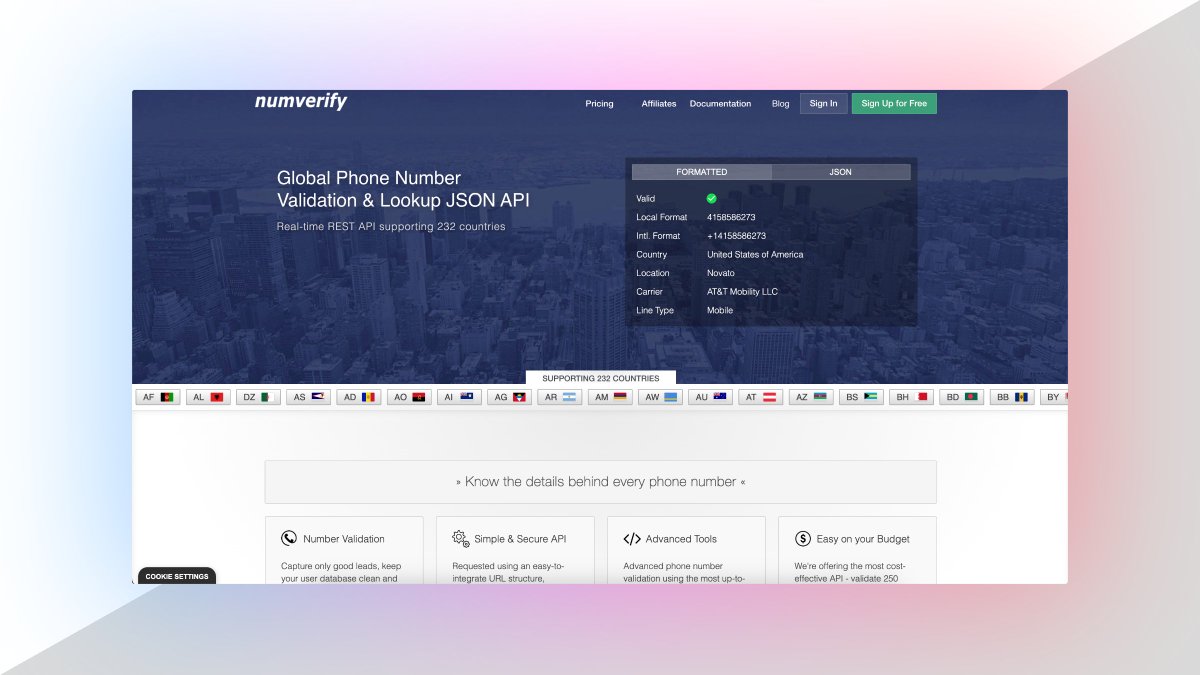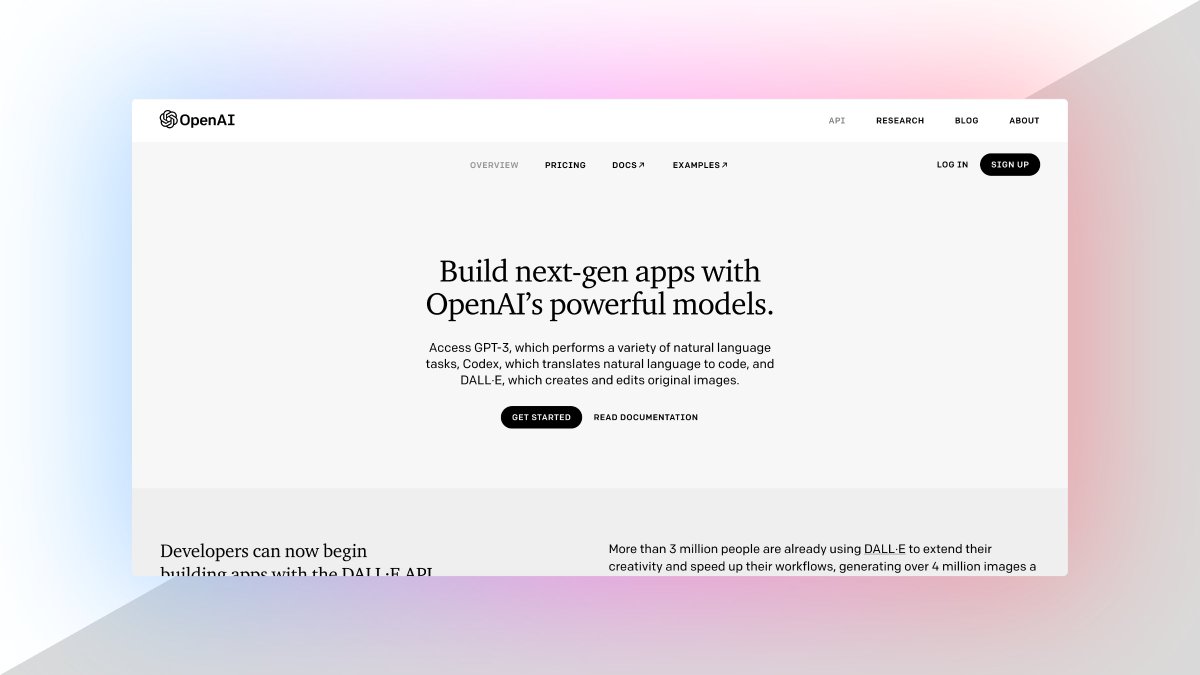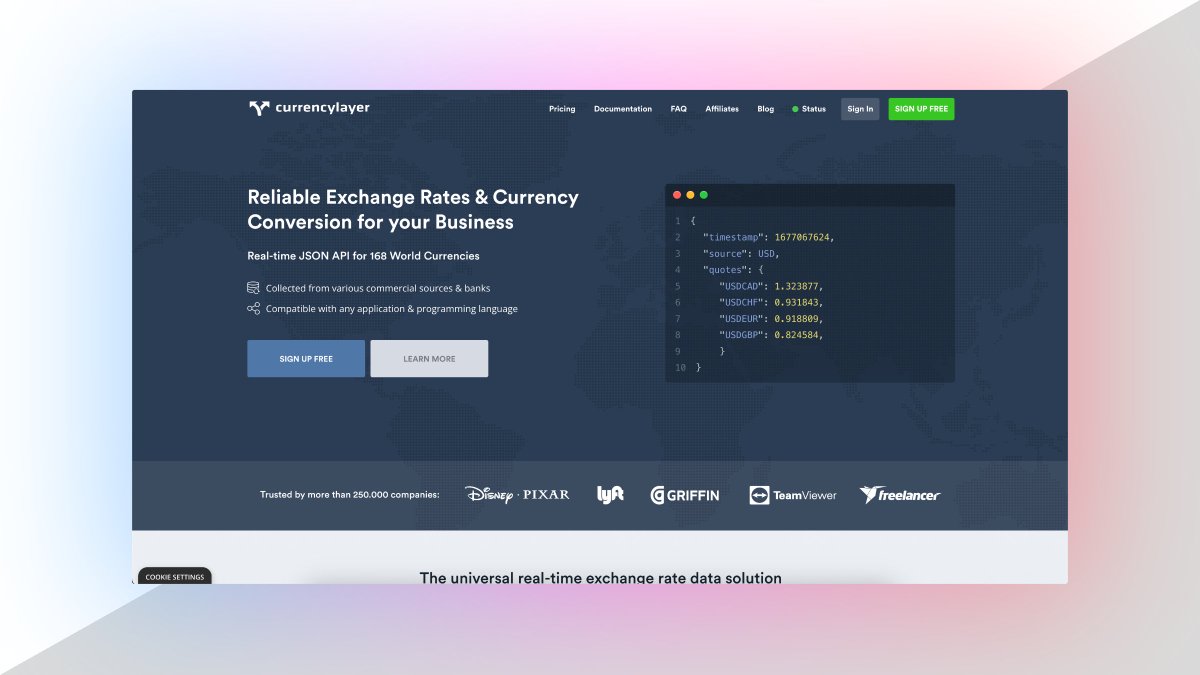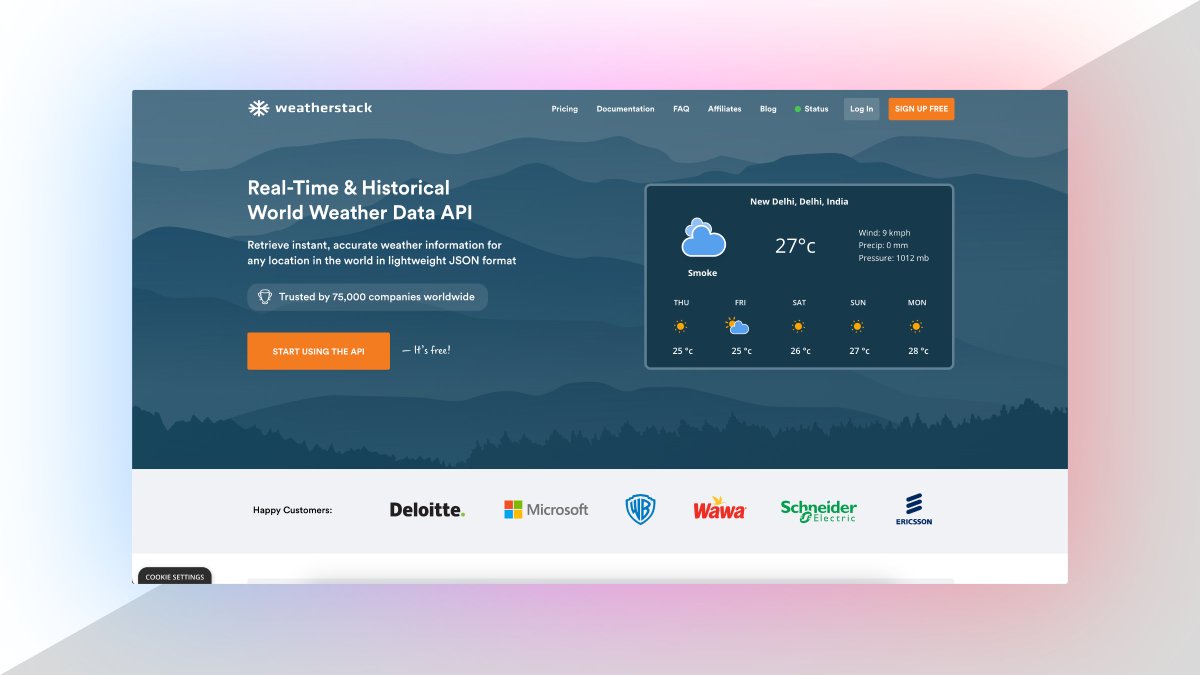Grocery stores are loaded with products that brag about their seemingly beneficial qualities.
Most people WANT to eat healthy, but aren’t informed to see past deceptive marketing.
In this thread, I’ll go through what these titles mean, and how to determine what is worth buying
The first, and maybe most common product label is “all natural”.
The FDA says that natural means no added colors, artificial flavors or synthetic substances.
However, there is ZERO formal regulation from them. That means it’s up to to take the food manufacturers’ word for it.
Items can still contain high fructose corn syrup, seed oils, antibiotics, GMO’s, etc and still be labeled natural.
Therefore, the term is pretty much meaningless.
The next label that most people take into consideration is “organic”.
In order to be considered organic, food do adhere to pretty strict regulations. However, that doesn’t necessarily make it healthy.
These products still contain pesticides, just ones that are approved by the FDA, and still include toxic substances like copper sulfate & rotenone
Organic foods are permitted to use mutagensis, a process to genetically engineer products by bathing seeds in chemicals & radiation
With that being said, organic foods are processed without synthetic pesticides, fertilizer, antibiotics or hormones.
When buying produce, you are better off buying organic, especially for the “dirty dozen”, but even organic produce should be washed well.
Cc:
@VitallyMelanie
Buying organic produce is great, but that does not mean buying organic products in the center aisles of the grocery store is healthy.
It is also expensive for farms to get certified organic, so small farms may use safe methods, just don’t have the budget to get certified.
Another very common label is “natural flavors”.
In this case, the original source of flavor must be a plant or animal. However, since the FDA hasn’t officially defined this term, it can be used to describe almost anything.
According to a nonprofit organization EWG, natural flavors can contain more than 100 different chemicals in addition to their original flavor source, and food manufacturers aren’t required to disclose these as long as it comes from a plant or animal.
Yet another meaningless term
Another term that people look for, mostly when buying chicken and eggs, is “free range”.
Unfortunately, the USDA has very a very loose definition of free range. Large scale egg producers take advantage of this.
All that is required is that “producers must demonstrate to the agency that the poultry has been allowed access to the outside”.
Keyword: allowed. This does not mean the hens spend a good amount of time, or any time at all outside.
They can simply have a small door that allows them access to the outdoors to be certified free range.
“Pasture raised” is a much more meaningful term. This means the hens were allowed to spend a majority of their lives outside, foraging for seeds, insects and greens.
When buying red meat, the popular label to look for is “grass fed”.
Although the claim means that the cows were raised on the pasture and fed only grass and forage, this isn’t always the case because of the USDA’s loose restrictions.
Other verifying labels that are much more meaningful are: 100% grass fed, American Grass fed, PCO certified, or certified grassfed by AGW.
Other labels that are totally meaningless:
-Sugar free
-Low calorie
-Low fat
-Made with real ingredients
-Heart healthy
-Multi grain
Now, it may seem overwhelming with all the misleading labels out there, but it really is simple:
1. Buy from small local farms you trust
2. Buy food without an ingredient list
3. Buy food from the perimeter of the grocery stores, not the center aisles
4. When buying produce, organic is better, especially for the dirty dozen
5. Wash your produce well, organic or not
Follow these simple rules and you will be much better off!
And if you’ve fallen for some of these labels in the past, don’t sweat it! Just start making more informed choices when it comes to your food.
I hope this was helpful! If so, please do me a favor and RT the original tweet to help spread awareness🙏🏼
https://t.co/XLtCiQYn0r
PS,
If you are struggling with with your diet in any way:
-gut issues
-weight loss
-fatigue
-brain fog
My meal plans are for you!
https://t.co/Gormu8lEKR







